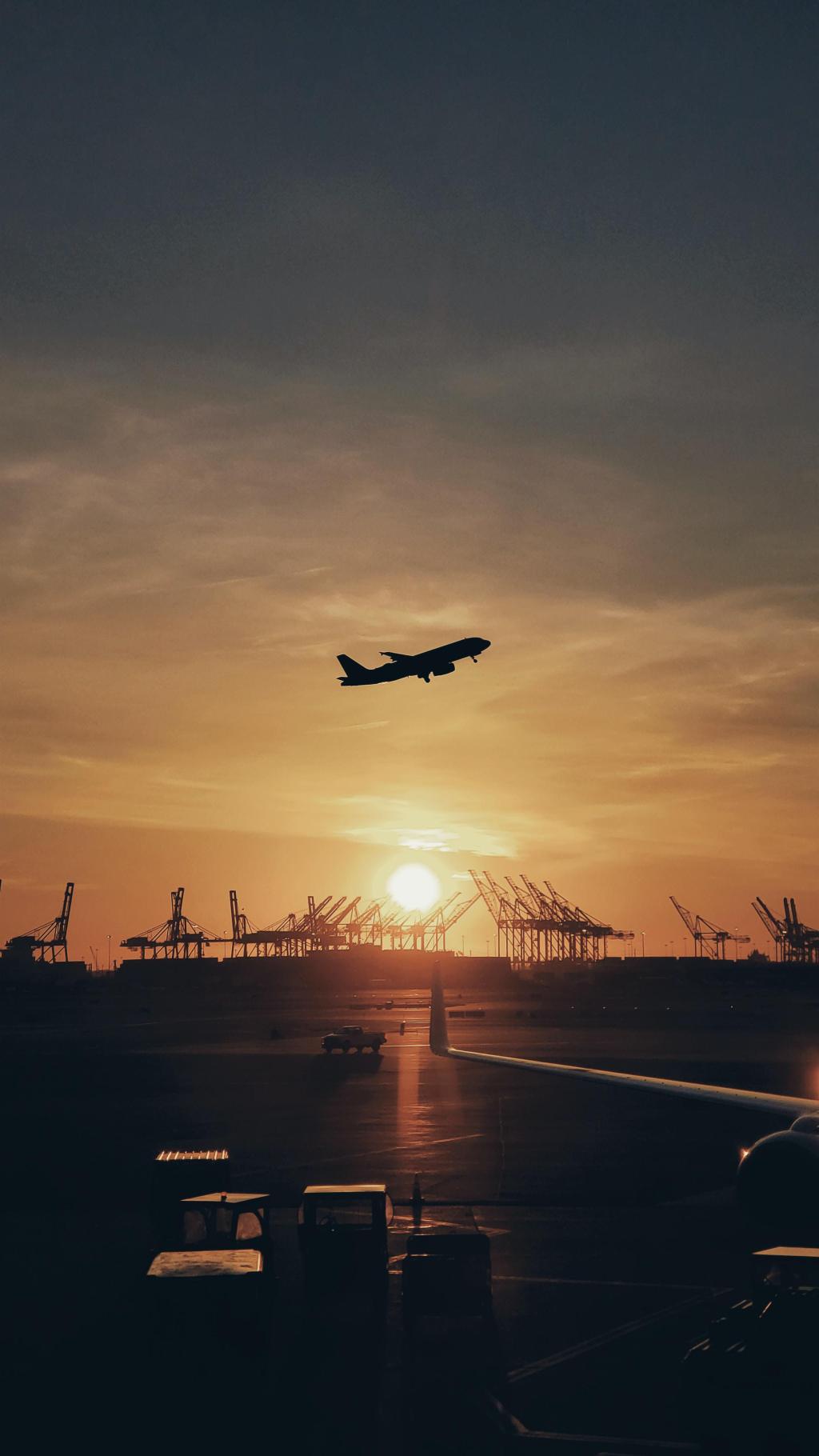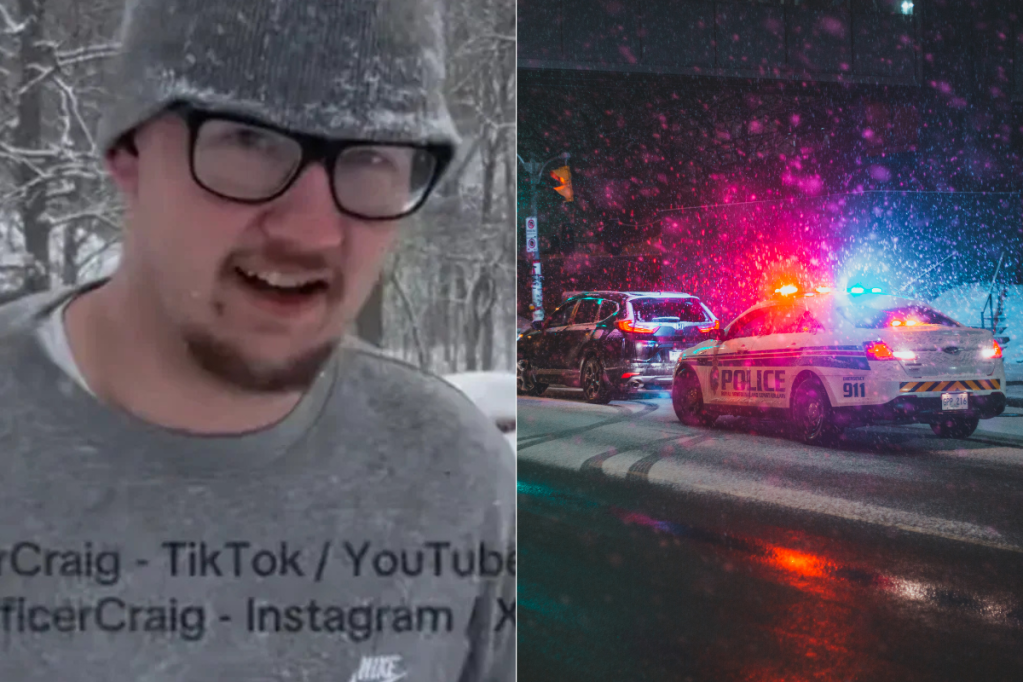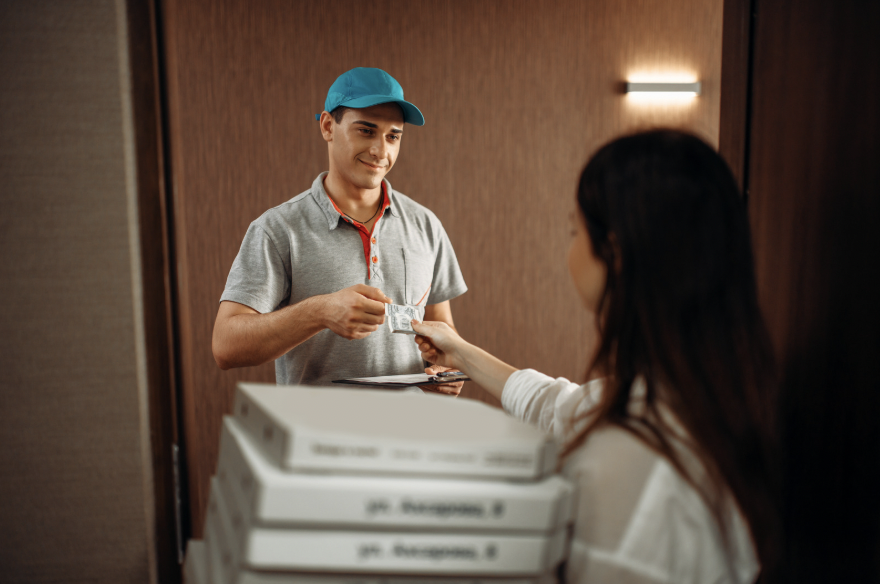Often, we have little awareness of how our actions might affect the lives of others. Our kindness simply goes into the ether, maybe to return as good karma, who knows? And most of the time that’s fine, considering that the act was probably done to help someone else, not for recognition. But still, have you ever done something kind for a stranger, and wondered, whatever happened to that person?
In 1999, two sisters boarded a plane from Amsterdam to the United States, fleeing their home in the former Yugoslavia. The Republic of Yugoslavia had been continuously bombed by NATO for three months during the Kosovo War, in an attempt to thwart widespread ethnic cleansing of Albanian civilians. The sisters didn’t have a penny to their name—they left behind everything they knew. Only one of them could speak English.
A woman sat next to them on the plan, and, reminded of her own daughters, was moved by their frightening plight. She reached into her purse and pulled out an envelope. Inside she placed dangly earrings, a $100 bill and a handwritten note, which read:
“I am so sorry that the bombing of your country has caused your family any problems. I hope your stay in America will be a safe and happy one for you–Welcome to America–please use this to help you here. A friend from the plane–Tracy.”
The word “safe” had been underlined. For the refugee sisters Ayda Zugay and Vanja Contino, that had meant everything.
Zugay recalled to CNN, “It was the first time that I felt, like, relief. This is a safe place, and we can build a future here. We went from this drastic horror into this beautiful act of kindness.” Zugay’s CNN interview would later help her and her sister reunite with Tracy 23 years later, and let Tracy know just how life-changing her gift was.
The search for Tracy had been a passion project years in the making.
For Zugay, Tracy’s note became a “diamond in the dark” as she navigated through her new life in America, facing prejudice toward immigrants. The impact it made was so great that every year as Memorial Day and Thanksgiving approached, Zugay would renew her search.
Over the years, Zugay had enlisted the help of airlines, hotels, Reddit and several refugee organizations. In a recent video, Zugay shared what little clues she uncovered:
“Tracy, by this time, would be a middle aged or an older woman who is amazing at tennis and had traveled for it in the past. She would have flown from Paris, where she stayed at a Holiday Inn and where she played tennis, to Amsterdam, where we met on that flight. She would have flown from Amsterdam to Minnesota, and this would have been on May 31, 1999.”
Though people were moved by her story and offered information and encouragement, she mostly met dead ends. That is, until her CNN story began circulating. More than 2 million readers saw it, including one of Tracy’s close contacts.
As Zugay surmised, Tracy (whose last name we now know is Peck), was indeed a tennis enthusiast. In 1999, she got a chance to travel internationally to play and watch the French Open. Her friend Susan Allen, a tennis coach, saw Tracy’s note on social media and recognized the handwriting.
Allen was able to put Peck in touch with Zugay and Contino, who now live in Boston and Connecticut. The three were able to finally share a long awaited emotional reunion over Zoom.
UPDATE: Ayda Zugay’s decade-long quest to find and thank the woman who gave her $100 and a welcoming message in 1999 has ended. Zugay reunited on Zoom with the mystery woman, Tracy Peck, a day after CNN published a story about her search. https://t.co/kxYEdnECS8— Catherine Shoichet (@CatherineCNN) May 2, 2022
The sisters gave Peck two decades worth of stories: how they were able to survive the entire summer off of that $100 bill by eating pancake mix and Coca-Cola, how Zugay was able to graduate from Boston University and work with a nonprofit and how Contino became happily married with two children, instilled with Peck’s inclination to pay it forward. As they shared the untold chapters of their story, Zugay wore the dangly earrings given by Peck all those years ago.
We might never know where our goods deeds lead. But one thing is for certain: kindness is powerful. That next act of generosity toward a stranger could be the very saving grace they needed to change their life forever.
This article originally appeared on 5.6.22




























